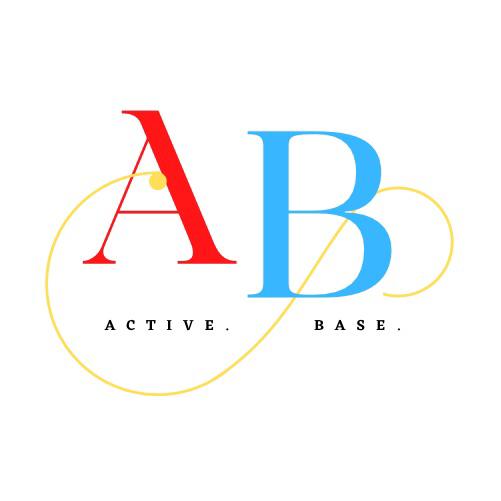According to the husband and wife team behind one of the most effective Covid vaccinations of the pandemic, cancer-targeting vaccines may be accessible by the end of the decade.
The German company BioNTech, which collaborated with Pfizer to produce the ground-breaking mRNA Covid vaccine, was created by Uur Ahin and Zlem Türeci. They claimed to have made advancements that have increased their hope for the development of cancer vaccines in the next years.
Prof. Türeci explained how the mRNA technology at the core of BioNTech's Covid vaccine could be repurposed such that it primed the immune system to fight cancer cells instead of invading coronaviruses in an interview with the BBC's Sunday with Laura Kuenssberg.
When asked whether mRNA-based cancer vaccines would be ready for human use by 2030, Prof. Sahin responded that they might be.
The mechanism of action of an mRNA Covid vaccination is the delivery of the genetic code for the Covid virus's essentially innocuous spike proteins into the body. Cells take the instructions and produce the spike protein as a result. In order to instruct the immune system's antibodies and other defenses what to look for and combat, these proteins, also known as antigens, are subsequently utilized as "wanted posters."
According to Türeci, chief medical officer at BioNTech, the immune system can be stimulated in the same way to look for and eliminate cancer cells. The vaccine contains genetic instructions for cancer antigens, which are proteins that cover the surfaces of tumor cells, rather than information that detects viruses.
Prior to the pandemic, BioNTech was developing mRNA cancer vaccines; however, in response to the global emergency, the company switched to producing Covid vaccinations. The business is currently testing a number of cancer vaccinations. The Pfizer/BioNTech vaccine, which is comparable to the Moderna Covid shot, was developed and is successful, according to Türeci, and "gives back to our cancer effort."
There are significant obstacles in the way of the German company's efforts to create therapies for melanoma, bowel cancer, and other cancer types. Making a vaccination that targets only the cancer cells and leaves healthy tissues unaffected is particularly challenging since the cancer cells that make up tumours can be laced with a wide range of various proteins.
In addition to learning how to produce mRNA vaccines more quickly during the pandemic, Türeci informed Kuenssberg, BioNTech also gained a better understanding of how people's immune systems reacted to mRNA. The Covid shot's intensive research and quick deployment had also aided medical regulators in figuring out how to authorize the vaccines. This will undoubtedly speed up the development of our cancer vaccine, she continued.
Türeci, however, remained hesitant about the project. She remarked, "As experts, we are usually reticent to declare that we will find a cure for cancer. "We have made a number of advances, and we will keep working on them."
In August, Moderna announced that it was prosecuting BioNTech and its business partner, US pharmaceutical behemoth Pfizer, for violating the company's Covid-19 vaccine patent.
When asked about it, Sahin responded, "Our ideas are unique. We developed this kind of medication after 20 years of research, and we will fight to protect our copyrights.








.png)
.png)



